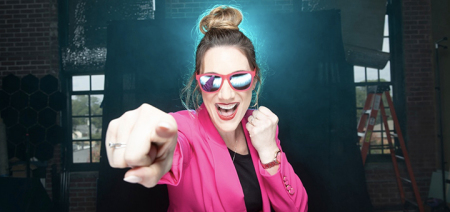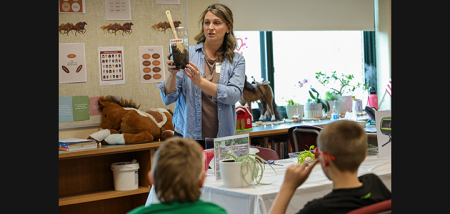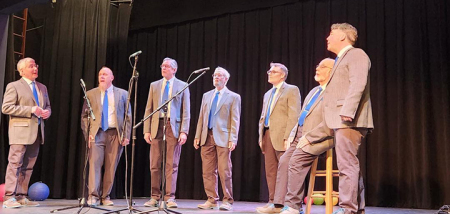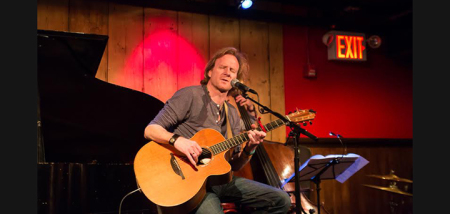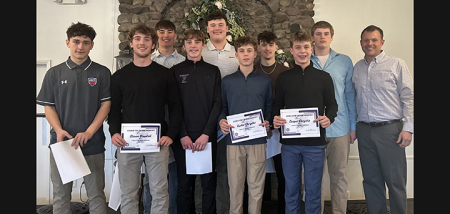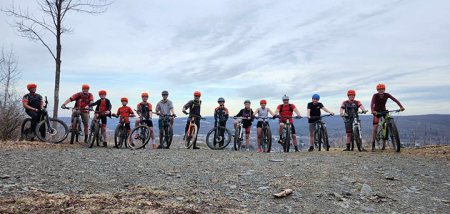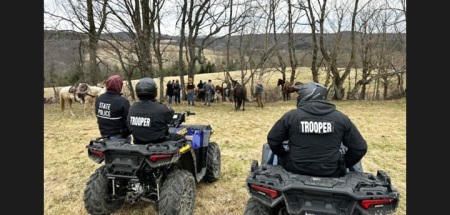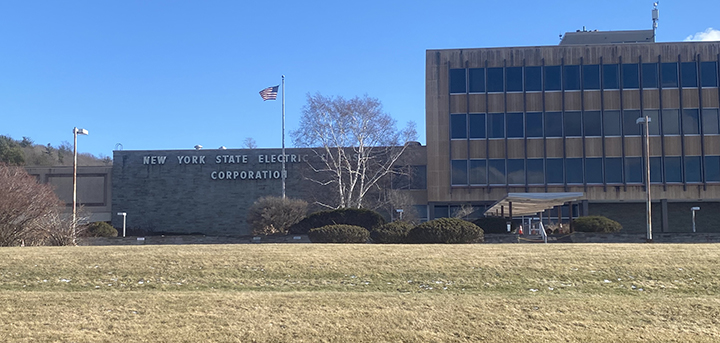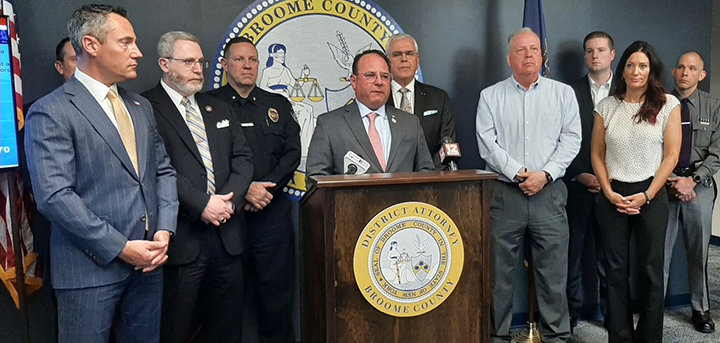Parking Space: A Love Story! Chapter 30 - Extraordinary Circumstances
Published:
July 9th, 2021
By:
Shelly Reuben

Burgess Meekly ran down the stairs from his apartment, and with each step became more and more convinced that only he could save the day. Once before, during a high school dramatic production, he had viewed himself as a hero.
He was playing the part of the stage manager in Our Town, and his friend Tommy Rappaport, who had arrived at the Saturday matinee with laryngitis, was Dr. Gibbs.
Even though Tommy did his valiant best to perform, in Act II, when Doctor Gibbs and his wife are reminiscing about their wedding day, his voice cracked, croaked, and completely disappeared. Burgess (as the stage manager) made eye-contact with his panic-stricken friend, who by then was facing the back of the stage and pointing desperately at his throat.
Without a second’s hesitation, Mouse Meekly, who knew everybody’s part in the play as well as his own, imitated Tommy’s tone and inflection, and threw his voice to where Tommy was standing. For the rest of the play, whenever his friend turned his back to the audience, Burgess threw his voice and became Dr. Gibbs.
The performance was a success, and no one realized what they had done.
Thinking back on that experience, Burgess knew exactly how to thwart (he loved that word) the people who had come to take over Chestnut Avenue.
He careened through his building’s lobby, firing up his imagination as he ran and contriving a script and persona for his first encounter, which would be with Tallahassee Dan, the videographer. Having watched from his window, he knew that Dan had arrived in Cadogan McClure’s van, and that he was video-recoding the rioters with a marked lack of enthusiasm.
Burgess dashed across the street, hurtled to a stop inches away from his target, and breathing heavily, as if after a long run, he tapped the videographer on the shoulder and panted, “Giant gorilla…”
Then he raised an arm, and with shaky fingers, pointed west.
Tallahassee Dan turned away from the mob, glanced down, and except to look even more bored than usual, he did not react.
Burgess dug deeper into his histrionic repertoire, and in a tremulous voice, uttered, “Milburn Avenue … Three people … Driver … Two pedestrians. Dead. Others … need help. Animal transport truck. Crashed into building. Doors sprang open … giant gorilla. Rampage … snatched a baby…”
The videographer’s eyes widen.
First a little.
Then a little more.
By the time Burgess had said, “…snatched a baby,” Cadogan McClure’s videographer was hooked.
“Seriously?” he asked.
Burgess nodded frantically.
Tallahassee Dan’s grim mouth twitched into what, on another person, might have been a grin. He yanked Burgess forward, kissed him squarely on the forehead, and muttered, “Pulitzer Prize.” Then he gripped the strap handle of his camera, glanced to the west, and began to run toward Milburn Avenue.
Where, of course, there awaited no dead bodies, no zoo transport truck, no rampaging gorilla clutching an imperiled baby, and no coveted awards.
Next, Burgess looked for Cadogan McClure.
He quickly located the documentary producer in the middle of the street waving his flabby arms and shouting orders. His small white hands, the voice actor noted, were empty. Which meant … Burgess glanced through the open door of the production company’s vehicle … -Yes! Cadogan McClure’s megaphone was forgotten on the floor of the van.
Burgess checked to see if anyone was watching, rushed forward, snatched up the megaphone, and hid it inside his jacket. He ran into the street and deliberately rammed into Cadogan McClure. Then, assuming an apologetic demeanor, and in an unmistakable Australian accent, he said, “Sorry mate. Wasn’t watching where I was going.”
Half-a-second later, and pretending just that instant to have realized whom he was talking to, he exclaimed, “You’re Cadogan McClure!”
The film producer snarled, “Get out of my way.”
Burgess stepped back, “Right, Mate. But … I thought you’d want to know…”
“What?”
Burgess jutted his jaw toward the parking space across the street. “Scientific phenomenon, that’s what it is. Saw one just like it. On 83rd Street. Invisible. Wall that isn’t a wall. But hard as a rock. Probably…”
Cadogan cut him off.
“You saw this on 83rd Street?”
“Yeah.”
“When?”
“Now.”
“Where on 83rd Street?”
“A few avenues west. Near the subway.”
The documentary producer shoved the little man aside and shouted for his videographer.
“Dan!”
Nothing.
“DAN!” Louder.
But Tallahassee Dan, chasing an alleged gorilla somewhere west of Chestnut Avenue, did not respond.
So Cadogan McClure growled for his assistant.
“Dalrymple!”
More nothing.
“Dalrymple! Here! Now!”
With the same negative effect.
Because Daisy Dalrymple, feeling good about herself for the first time since she had come to work for him, was sitting in a penthouse apartment disclosing the documentarian’s future protest plans to Maid Marion, Jimmy Christmas, Lilly Snow, and courtesy of a telephone call from their hostess, to the Mayor of The Big City herself.
Cadogan McClure shouted, “Dalrymple!” one last time.
Zero.
He returned his attention to the long-nosed man with the fake Australian accent.
“Does anyone else know about this other parking space?”
“A bloke walked into it before me. But he was drunk, bounced off the bloody wall, and staggered down the street.”
“Did you see any news crews there? People taking pictures with their cell phones?”
“Naw. Street is as empty as a cemetery.”
“No cops?”
“Not a copper in sight.”
Cadogan turned, looked up, and stared briefly at the metal street sign. Then, without saying another word, the Great Documentary Producer lumbered westward on 83rd Street in search of a second parking space surrounded by an invisible shield.
One as much a product of Burgess Meekly’s imagination as was a homicidal gorilla attacking women and children two avenues away.
Copyright © Shelly Reuben, 2021. Shelly Reuben’s books have been nominated for Edgar, Prometheus, and Falcon awards. For more about her writing, visit www.shellyreuben.com
Author: Shelly Reuben - More From This Author
Comments
